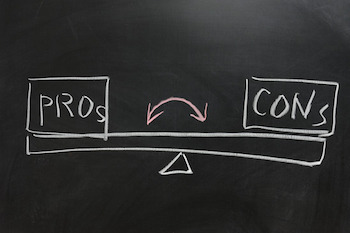When you hear a song played by one of the top pianists in the world, what makes it special?
Obviously the first half of the answer is the talent of the musician. When a pianist can command the notes, sounds and depth of the instrument to produce the exact music he wants to share, the results can be breathtaking.
The second half of the answer lies in the instrument itself. No matter how well a pianist plays the piano, if the instrument is out of tune and has anything but perfect pitch, it will show in the quality of the sound produced.
Because a piano is a moving, always changing instrument, it can not play at optimum performance year after year without proper care and maintenance. That’s where tuning comes into play. Every piano needs proper tuning, how often depends upon the interment itself. A new instrument may require several tunings a year as it adjusts from production; a piano recently moved may require more frequent tunings as it adjusts to its new surroundings; a piano in a home for years may require one or two adjustments per year simply to maintain sound quality.
When its time for hiring a tuner, which type of tuner is best: by ear or with a machine?
There are two different thoughts on this subject; one may never agree with the other on true capabilities.
If a tuner has been taught the trade aurally, the tuner picks up the nuances of what makes a sound “perfect”. When a sound is off, he not only knows how to adjust the strings, he can also determine if there are further problems with the mechanical parts of the piano. It comes with the trade and with “knowing” when something is off.
When a tuner uses the mechanical way of tuning, he uses a special software program that can “listen” to the harmonics of the piano, and calculate how the piano should be tuned based on what it hears. When a piano is flat or sharp, the software compensates for the difference and allows the piano to be adjusted to bring it back in tune. It can also be helpful when there is background noise that may deter a tuner from tuning properly.
In many cases, a professional tuner will use the software program as an aid. The program can help adjust the piano and provide a stable tuning, but if the tuner isn’t proficient in “hearing” the piano, he may miss some of the distinctions that will keep a piano in tune for extended periods of time.

